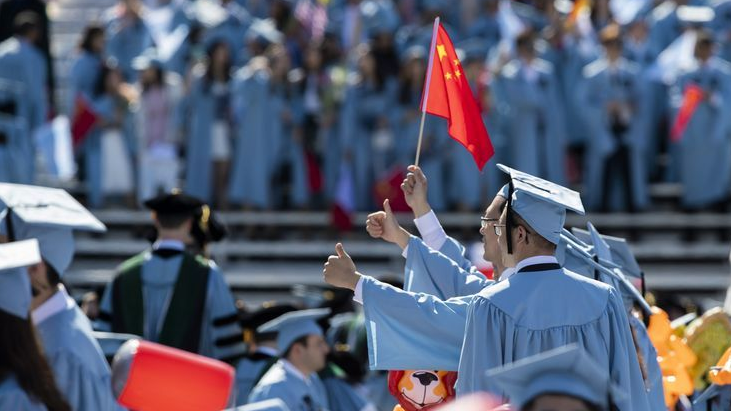The Complex Reasons Behind Chinese Students’ Patriotism
Patriotism is a complex topic that involves many factors. As a Chinese student studying abroad, I have observed both benefits and critiques regarding how studying overseas may impact one’s views and allegiance towards their home country. Below I explore some of the perspectives involved based on my own experiences and understandings.
Exposure to Discrimination Abroad
One salient reason Chinese students tend to feel supportive of their government is exposure to racial discrimination in Western nations. As an Asian minority, it’s common to face unfair treatment such as being ignored by waitstaff or singled out with unnecessary warnings. The injustice suffered profoundly shapes how Chinese evaluate other societies relative to their own. While democracy and freedom aren’t fully realized in China, what reason do we have to praise foreign systems that fail to make our daily lives better than back home? Discriminatory experiences provide a lens through which the virtues of Chinese authoritarianism appear greater.

Reliance on Chinese Cultural Networks
Another factor is the tendency of Chinese students to remain within Chinese expat social circles abroad. Living in a bubble separates us from directly experiencing foreign values. Webinars, message groups and apps like WeChat sustain cultural ties to home. But this barrier also precludes independent understanding of other philosophies. With few cross-cultural interactions, it’s easy to dismiss alternatives to the system producing our shared values. Greater openness could promote more nuanced, self-directed evaluations of political differences between East and West.
Overlooking Shortcomings of Home Policy
Relatedly, living abroad within Chinese networks risks glossing over real problems in our homeland. When critiquing foreign issues like Brexit, do we adequately consider democracy’s moral foundations and how those connect to demands for equal citizenship? My sense is students are unwilling or unable to deeply examine the complex relationship between concepts like freedom, rights and justice, and social/political realities in China. We should follow earlier generations of overseas scholars in vigorously analyzing modern crises through diverse lenses.
Benefiting from China’s Economic Rise
The rise of private-funded students also influences viewpoints. Those from privileged families directly gaining from economic reforms naturally embrace the reform narrative. While elite dissent exists, the well-off are less critical than struggling groups. Comparatively sheltered upbringings combined with personal stakes in China’s ongoing success story breed stronger inclination to defend national policies. However, complex problems persist which no single storyline can fully address.
Impact of the Patriotic Education Policy
Understanding Chinese student mindsets also requires examining domestic factors like patriotic education policy. Encouraging study abroad partly aims to cultivate nationalism countering perceived Western propaganda. Returning alumni serve as proud ambassadors symbolizing China’s resurgence. However, such calculated moves risk producing less reflective, more formulaic stances. Citizens best serve nations through independent thought - not mindless allegiance. Overall the patriotism question has many interconnected facets worth ongoing open discussion.
Finding a balanced perspective
In the end, maintaining a balanced, thoughtful perspective is key. Neither fully embracing discrimination narratives nor blindly endorsing the status quo will move China, or any nation, positively forward. As mobility across borders grows in our globalized era, more exchange of experiences and scrutiny of all systems - our own included - seems natural and necessary. Progress requires courage to acknowledge limitations and injustices, wherever found. As open-minded students representing China globally, we would do well leading such conversations versus reacting defensively to perceived threats. Understanding begins with listening across differences respectfully.
